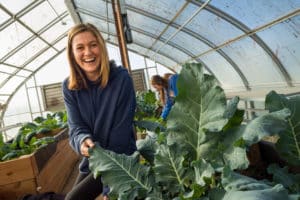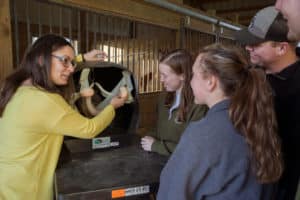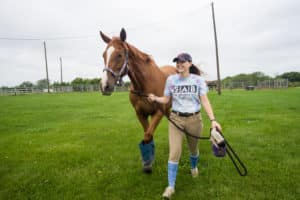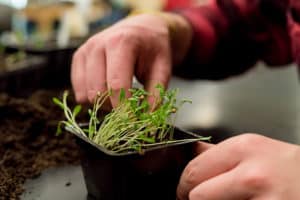Agricultural Science Major (BS)
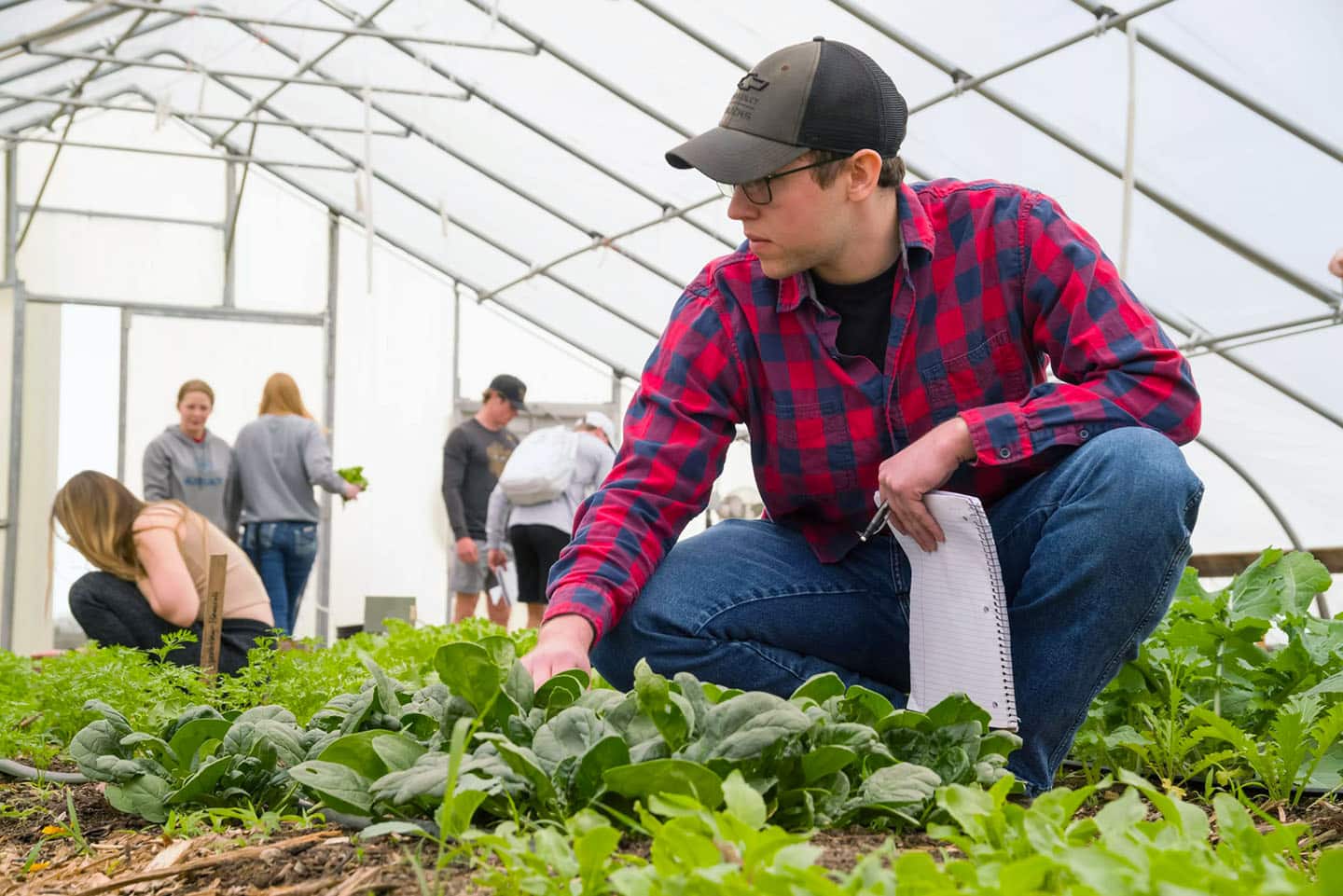
When you study agricultural science at Truman, you explore your options through hands-on experience and research opportunities in the areas of horticulture and agronomy, pre-veterinarian medicine and animal science, equine science, and agricultural business. With the flexibility to choose the area of concentration that’s the best fit for your professional goals, you can gain specialized training while honing your skills in lab and field environments.
Specializations
Cultivate Your Passion
As an agricultural major, you have the flexibility to choose the area of specialization that matches your interests.
Career Paths
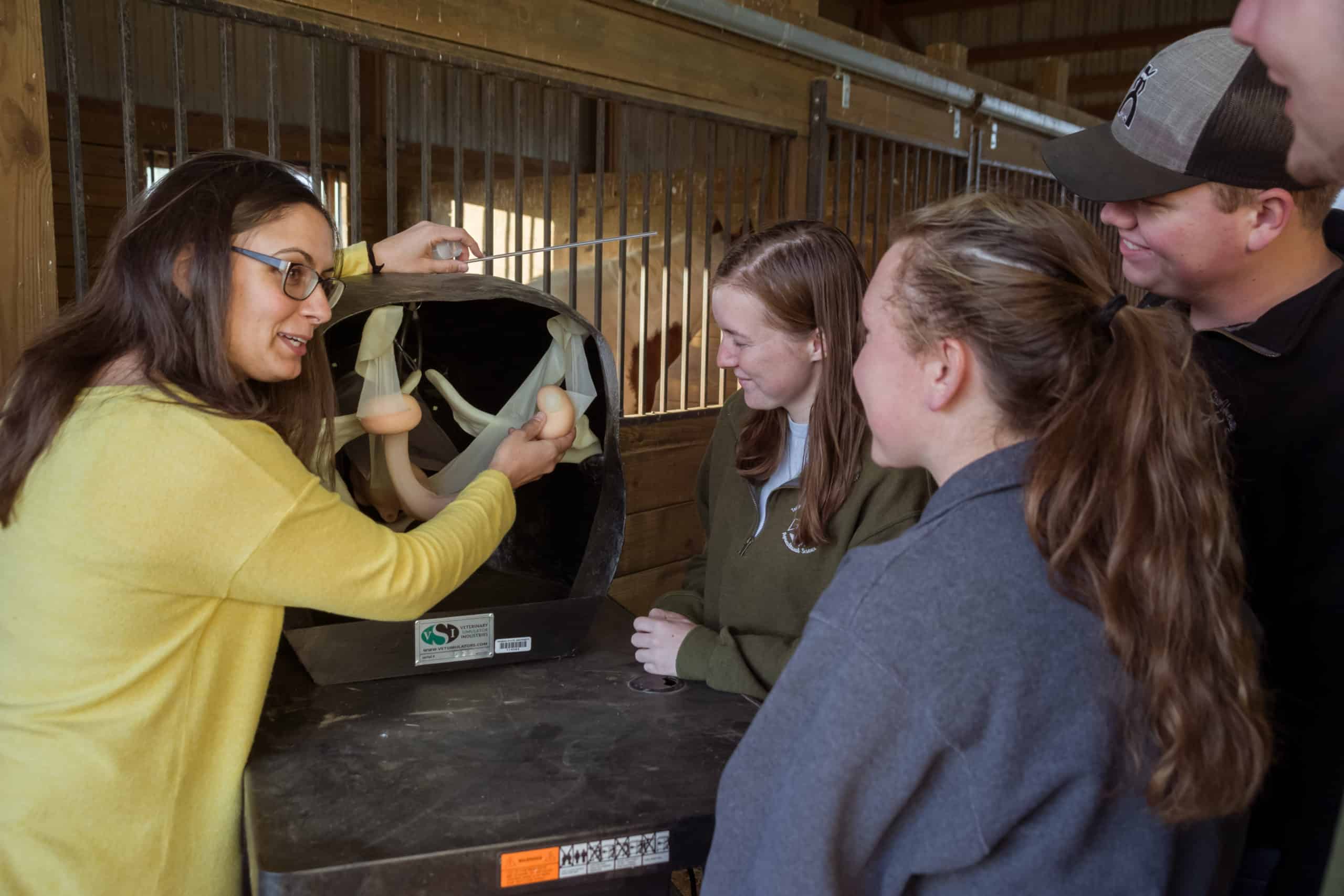
Studying agricultural science opens career opportunities ranging from veterinary medicine and scientific research to agribusiness operations and education. Truman has resources, such as the Career Center, to help you navigate future plans.
Featured Courses
Experiences and Opportunities
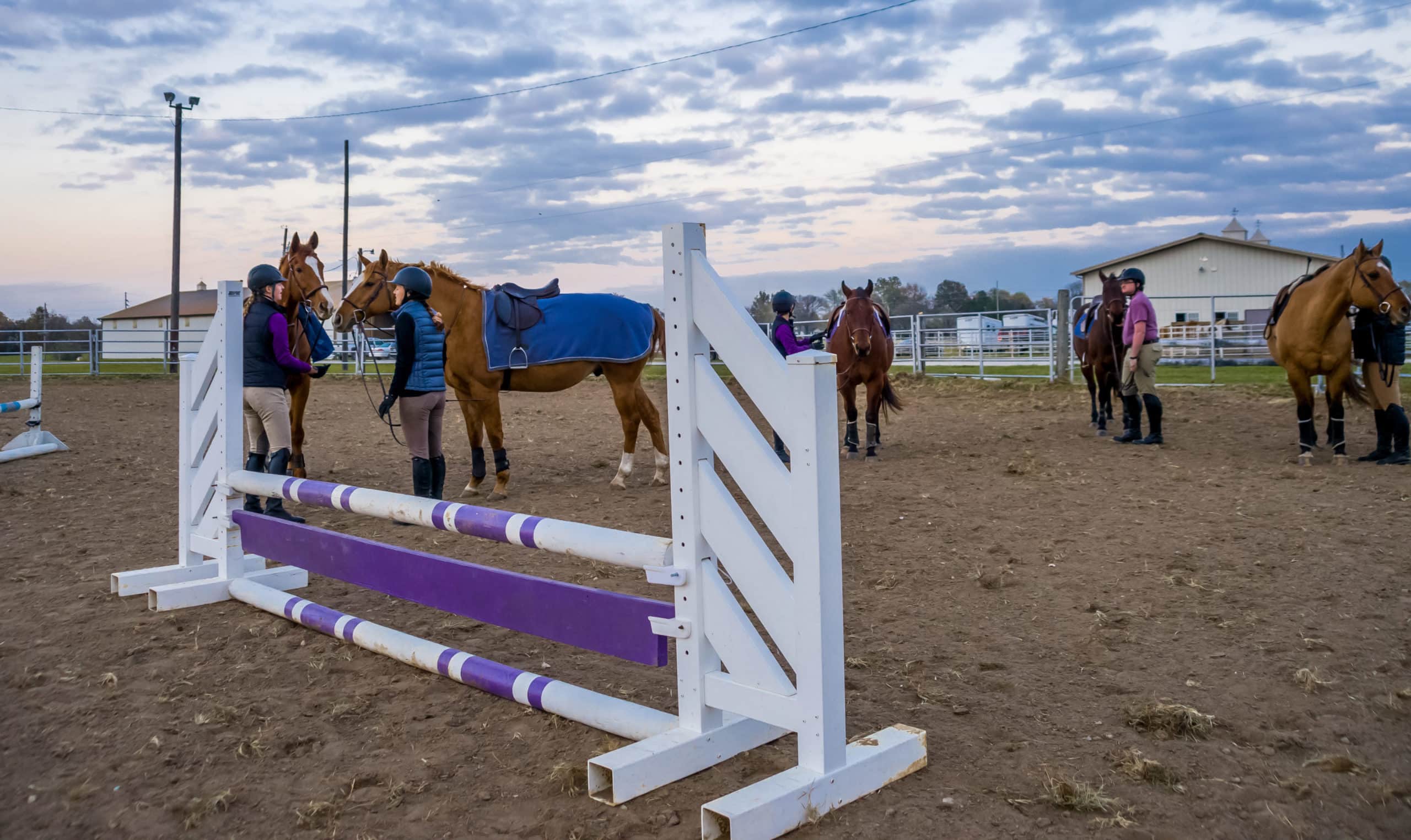
Get Involved
When you join student organizations in the field of agricultural science, you can build connections and enhance your skills. The Equestrian Team, which is open to riders of all levels, uses University facilities and horses for practice.
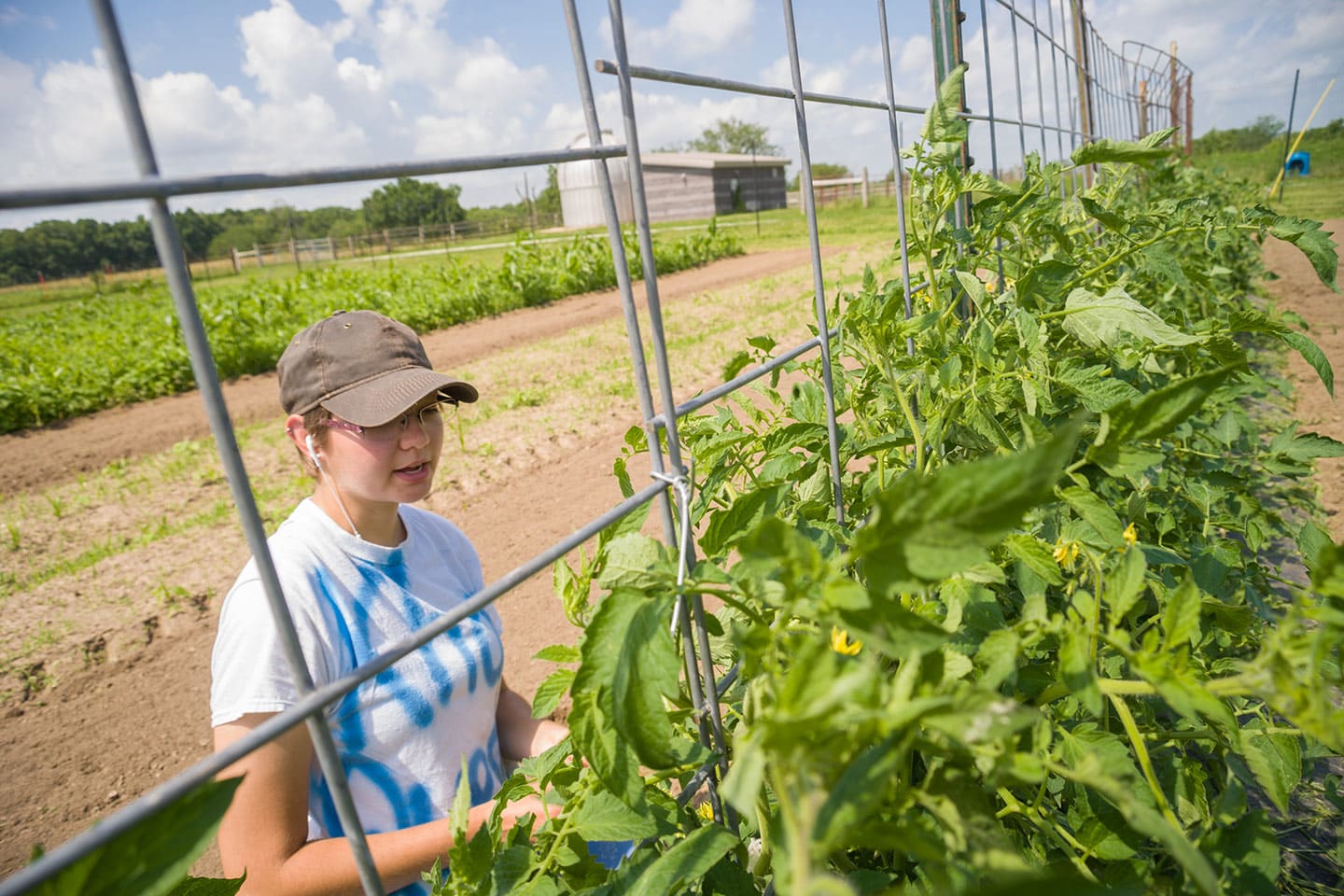
Gain Experience Outside the Classroom
Hands-on experiences, such as research ventures and internships, help you prepare for your career. The University Farm includes resources such as a greenhouse, riding/breeding horse herd, cattle herd, agronomy research plots, indoor and outdoor riding arenas, and availability of horse boarding for students.
Explore Related Programs
Majors
Minors
